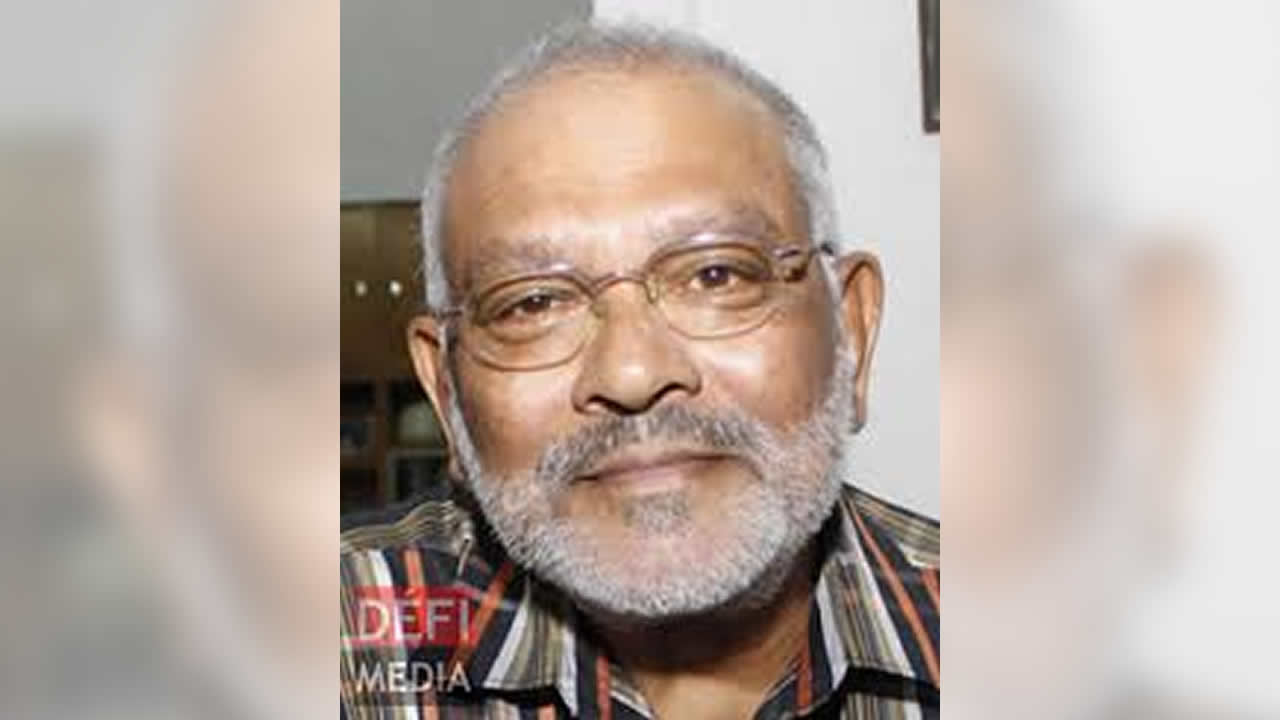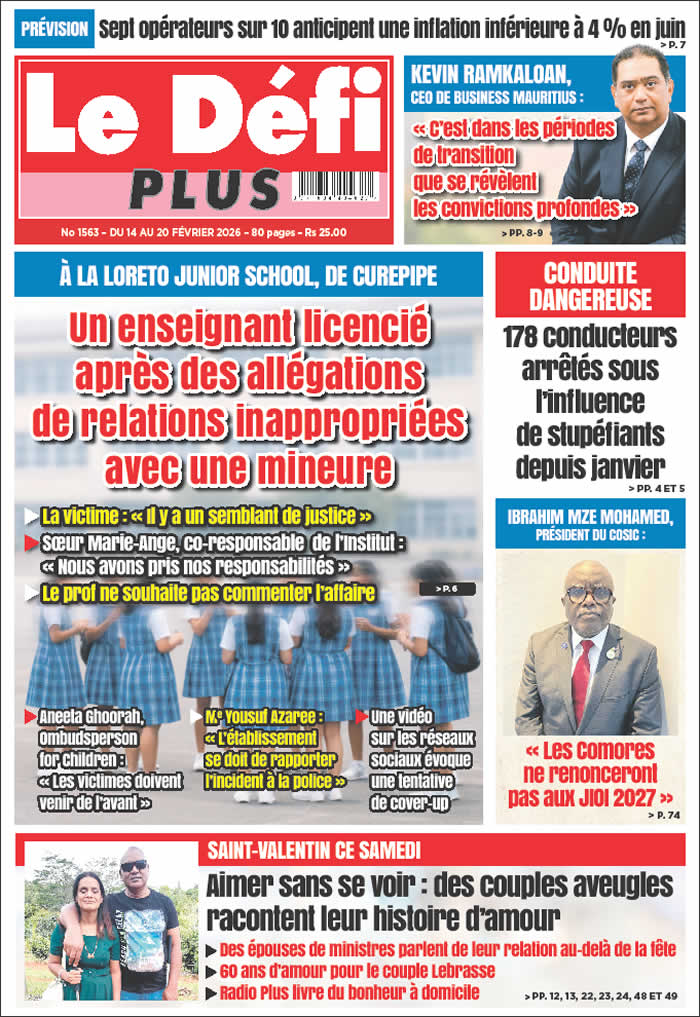
We must admit that we, Mauritians, a nation of immigrants, constantly try to define our identity to give meaning to life and to build links between the past and the present. We are not always successful for, more often than not, we are blinded by prejudice and ignorance. Some believe they are Hindi-speaking as opposed to Marathis, Tamils and Telugus when in fact Hindi was not the language of their forebears for two reasons: (a) In the mid-19th century when our Indian forbears reached our shores, Urdu was the dominant language under British rule. The rise of Hindi is linked with the Indian struggle for Independence and its recognition and standardization came at a later stage (from late 19th century to the present time); (b) most of our Hindu and Muslim forebears from India spoke Bhojpuri, a Bihari language and not Hindi or Urdu.
Others claim that Mauritius is “La Petite France” and consequently argue that French should be both our national and official language. They also think that Mauritian Creole is just a ‘patois’, some form of ‘broken French’ and must be denied the status of language. As a reaction to this, a new myth has emerged: Mauritius is ‘Little India’ and hence, a tendency to consider loyalty to ‘Mahabharat’ (India) more important that loyalty to ‘Chotabharat’ (Mauritius).
Is all this getting us anywhere? Are we not simply floundering in muddy illusion and half-baked concepts instead of growing like the lotus flower? Now the new battlefield is whether we should have an ethnic census. We want to keep the much loved and equally hated ‘best loser system’ and yet refuse to know reality and prefer to use outdated data. Those who thrive on division have become arch-defenders of a semblance of unity. Some are genuinely afraid of an avalanche of new denominations, of the emergence of new groups, sub-groups and sub-sub-groups. Fundamental questions: Is it better not to know the facts or better to know them? Is it better to pretend that something is what it is not than finding out what it really is? Should demographics be ignored to make way for mainstream political strategy and ideology or ethnic politics?
Some information:
- The Constitution recognizes 4 ethnic groups; 2 are based on religion (Hindus and Muslims); one is truly ethnic (Chinese); the fourth is just a ragbag into which we dump any person who does not belong to any of the above groups and include atheists, agnostics, free-thinkers.
- There is a certain perception of the demographics which are as follows: “Hindi-speaking” – 40%; Tamils, Telugus and Marathis – 10%; Muslims – 16%; Chinese – 3%; general population – 31%.
- The Hindi-speaking group is further divided into 4 castes of which the Vaish group is thought to represent 25% of the global population.
Since the 1970’s, things have changed a lot. An important number of Hindus have embraced other religions and different Christian sects have seen their flocks grow substantially. It would not be unrealistic to think that the “Hindi-speaking” group now represents less 30% of the whole population and the Vaish group represents less than 20%. The general population is now over 40% of the whole population and the Afro-Creoles (Nasion) make up about 25% of the population. Afro-Creoles are the biggest minority group.
I am pretty sure that an ethnic-based census will show this spectacular change and so must be supported by progressives who want to get rid of the “Little India Arrogance” and promote what we really are: A CREOLE NATION, living on a Creole Island, peopled by immigrants from Europe, Africa, and Asia, who are Euro-Creoles, Afro-Creoles, Hindo-Creoles, Islamo-Creoles and Sino-Creoles, who have an original Creole cuisine, music and dance and who speak 2 Creole languages – Mauritian and English.
Political parties which cannot portray and symbolise this new ethnic reality together with a new gender consciousness will face all sorts of crises and perish. The rear-view mirror cannot yield a clear vision of what the future will be.
Only if we know who we really are, we can chart a new course to use judiciously the resources of the Maritime Republic of Mauritius, to guarantee food security, to face the consequences of global warming and make of gender equality an important element of our national culture.
 J'aime
J'aime














